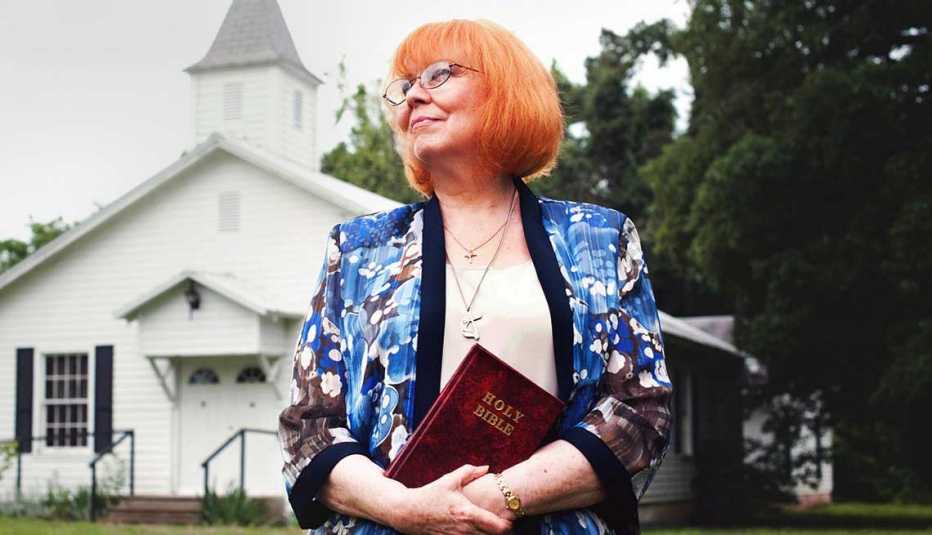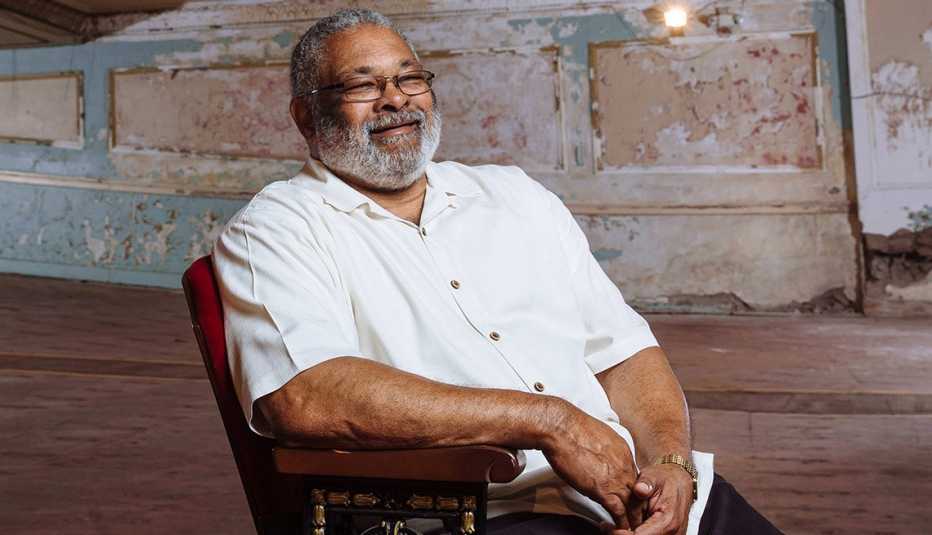Staying Fit


After Bruce Fallis, now 61, retired as a captain from the Texas state police in 2008, he and his wife, Marcia, 63, hiked the Appalachian Trail from Georgia to Maine.
They prepared for the five-month, 2,180-mile trek for nearly a year. When they finished, they went home to Plano, Texas, and realized, as Bruce recalls, "We need something to do."


AARP Membership— $12 for your first year when you sign up for Automatic Renewal
Get instant access to members-only products and hundreds of discounts, a free second membership, and a subscription to AARP the Magazine.
Subscribe to the AARP Money Newsletter for more on work, retirement, and finances
Today they volunteer every Friday with a faith-based group called Plain-O Helpers — "seniors helping seniors" — performing such tasks as hanging ceiling fans, repairing fences and mowing yards. Each December both work at Plano Santas, a monthlong drive for food and toys for needy families. And four times a year they volunteer at Family Promise of Collin County, a network of 13 churches that helps homeless families.
"I remember this from Sunday school," Bruce says. "The first third of your life you serve yourself — education, job, growing up. The second third you serve your family — a career to raise your kids. The last third you need to serve others."
More and more retirees are feeling the need to give something back. "I believe that spirit universally touches and moves our lives through the purpose journey from cradle-to-grave," said Richard Leider, of the AARP Life Reimagined Institute. "I believe that each person has a spiritual reason for being and that our world is incomplete until each one unlocks and lives her or his purpose."
Some say they're called upon by God to serve. Others describe their motivation as spiritual but not directly religious. Still others say they get involved simply because it makes them feel good. "Life isn't complete unless you can help others and try to make a difference in your community and around our great country," Marcia says. "We personally get more out of it than those we serve."
Here are the stories of people who have felt a calling to give of their time, energy and experience in a variety of ways after they call it a career.
Cheryel Lemley-McRoy
After a career in the medical field, this 68-year-old woman — once a hippie in California during the "Summer of Love" — is now a Methodist lay speaker for two churches in rural east Texas.
She is a liturgist, writes the weekly bulletin, visits shut-ins and nursing homes with communion, preaches sermons and studies Hebrew online. In three to five years, she hopes to become the congregation's first lay pastor. "I'm a listener," she says. "I don't want to hit you over the head with the Bible."
Lemley-McRoy says she didn't pursue a religious vocation after she retired from her medical jobs in Dallas — "It pursued me."
She vividly remembers "when I was saved at 8 years old. Right away, I felt I was called to preach."



































































More From AARP
Which States Are the Best for Work-From-Home Jobs?
Internet quality, affordable homes and other factors vary widely from state to state
Why 50-Somethings Are Changing Careers
For many Gen Xers, changing priorities means changing ambitions at work
The 10 Most ‘Age-Friendly’ Jobs
Flexible hours, work-from-home options make these roles good fits for many older adults